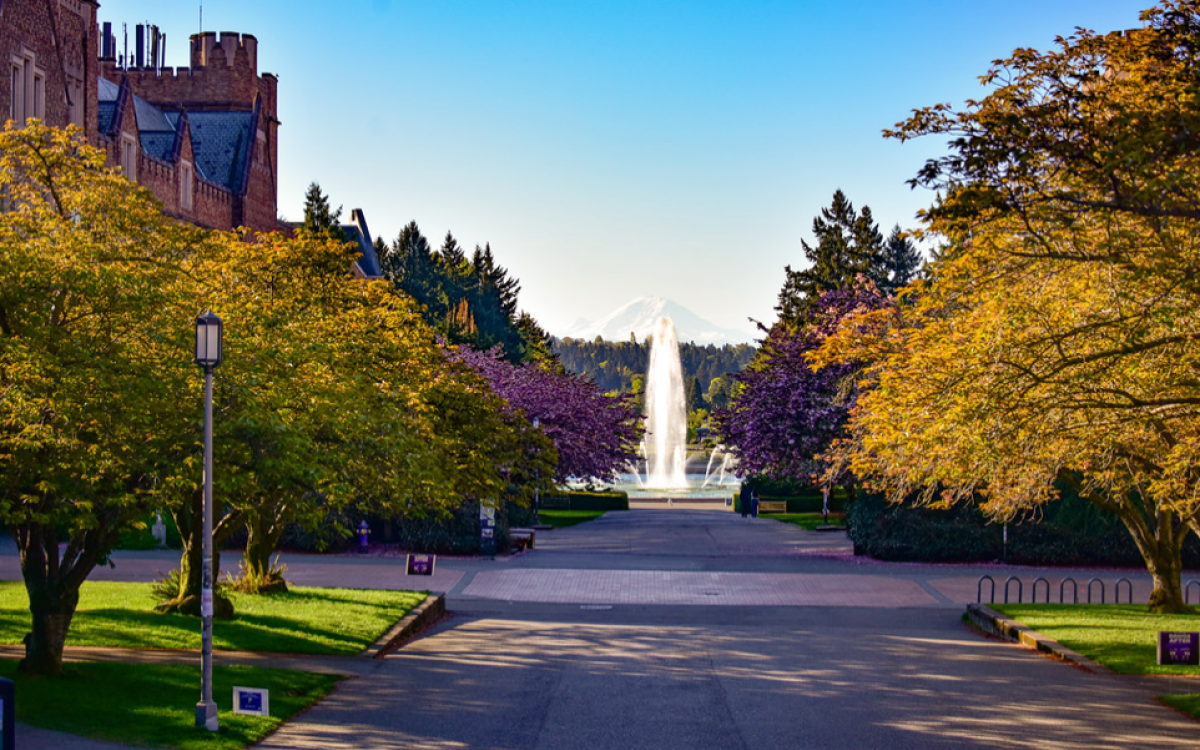At a glance
The proposed project aims to create a heat density map identifying campus spaces where students, faculty, and staff seek… Read full summary
- Funding received
- 2018-2019
- Small
- Awarded
- $750
- Funding partners
-
- Services and Activities Fee (SAF)
- UW Resilience Lab (UWRL)
The proposed project aims to create a heat density map identifying campus spaces where students, faculty, and staff seek refuge for healing during their day. A mapping survey will gather data on these locations and how people use them, providing insights into the significance, frequency, and purpose of these spaces. The survey could also track seasonal changes, helping UW facilities improve spaces based on biophilic design principles to combat issues like seasonal depression, especially in winter, by enhancing lighting and the overall atmosphere of indoor environments.
The proposed method to address this question is to create a heat density map highlighting where people identify as a healing space for them on campus. I want to administer a mapping survey where students, faculty and staff are able to identify places on campus where they seek refuge during the work/school day, before and after their time spent here. This type of survey data can then be aggregated to create a specific map. I will also aim to ask questions for how people are using the space itself. This will give UW facilities some indication around what's being done in a particular space, the frequency of use and why it’s significant to certain people. This survey could also be administered over the course of an academic school year, or seasonal cycle, to identify where individuals seek refuge during particular seasons. If students, faculty and staff indicate being inside for a large portion of winter, we could make the move to combat seasonal depression by improving lighting, life in a space and the feeling of an indoor space to be more healing as indicated by biophilic design philosophy.
Kaleb Germinaro
Project lead
- uwcsf@uw.edu
- Affiliation
- Student
Kaleb Germinaro
Team member
- csfcoord@uw.edu
- Affiliation
- Student
